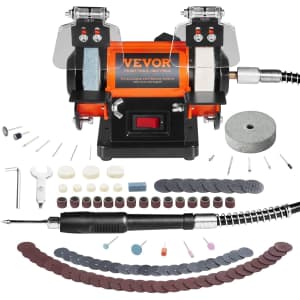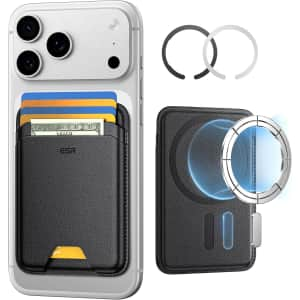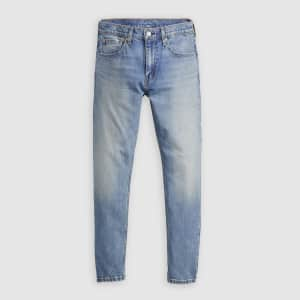
Save on a wide range of men's styles, with prices starting from $15.97. We've pictured the Levi's Men's 512 Slim Taper Fit Jeans, which start from $16.97. - a Size and colors are limited; Red Tab members get free shipping on orders of $75 or more, and it's free to sign up. Buy Now at Levi's
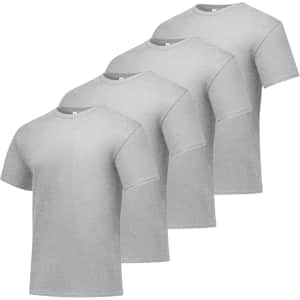
That ties the lowest price we've seen at $19 off. Available at this price in select colors (Ash pictured). Buy Now at Amazon

That's $200 off and the lowest price it's been. Buy Now at Micro Center
- Apple M4 chip with Apple Intelligence
- 16GB RAM; 256GB SSD
- MacOS
- Model: MU9D3LL/A
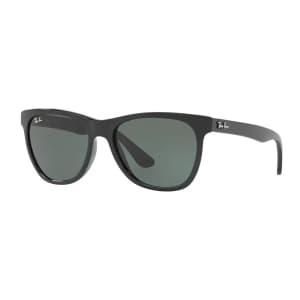
After promo code "DNGDN", it's the best price we could find by $31. Buy Now at Zulily
- 100% UV protection
- Model: RB4184

Get this in Dark Teal or Dark Tobacco Brown in several sizes for between $17 and $20. That's a savings of at least $79. Buy Now at Woot! An Amazon Company

Get deals on a large selection of clearance home items, vacuum cleaners, electronics, decor, and more in this sale. Even better, you'll get $5 off every $40 you spend. (The discount applies automatically at checkout.) Buy Now at eBay

This trip combines a city stay and Northern Europe cruise that starts in Copenhagen and includes stops in Norway and Germany. The price covers flights, hotel before and after the cruise, transfers, the cruise itself on the MSC Euribia, and an expert trip manager to handle logistics. Book this travel deal by March 31.
Satisfy your wanderlust - and your wallet - by taking a look at all our top travel deals. Buy Now at yes getaways

That ties the lowest price we've seen. It's a 71% savings. Available at this price in Charcoal Heather. Buy Now at Amazon

Apply coupon code "KCIVBWCG" for a savings of $55. Buy Now at Amazon
- Diamond-Like Carbon Blades
- 9000 RPM motor
- Cordless with USB-C charging
- 10 guide combs included
- Interchangeable grip covers
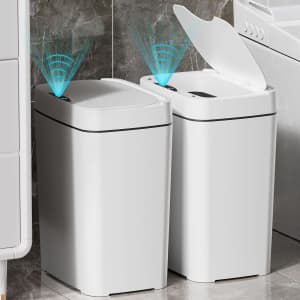
Apply coupon code "46NEG9XS" for a savings of $25. Buy Now at Amazon
- touchless operation with motion sensor
- 2.7-gallon capacity

Use promo code "GAMER" to get this price. It's the best price we could find by $56. Buy Now at Woot! An Amazon Company
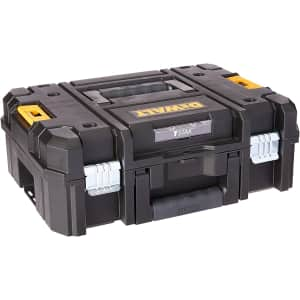
This DeWalt toolbox is back at the best price we've seen. Buy Now at Amazon
- heavy-duty metal latches
- measures 17.3" x 13" x 6.5"
- Model: DWST17807
- UPC: 754262242301
- UPC: 076174712155
- UPC: 722544762601
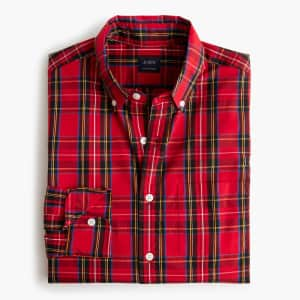
Apply the promo code "TAKE60" to get this deal, a savings of $84, and a great deal for a J.Crew shirt. Shipping is free over $99, or adds $7 otherwise. It's in a few colors at this price (Red Black Multi pictured). Buy Now at J.Crew Factory

Use promo code "GAMER" to get this price. It's the best deal we could find by $76. Buy Now at Woot! An Amazon Company
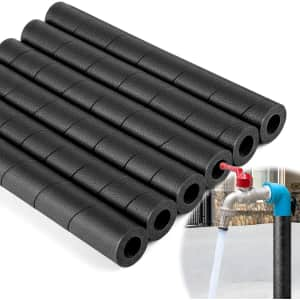
That's 50% off its typical price. Buy Now at Amazon

Get an eSIM data package for $2. Perfect for frequent travelers to save on budgets in the long run — high value, low threshold. Plus, get 25% off for users who buy Mede eSIM products through DealNews with code "I8T7OY575L". You can also save further when you refer.
- Invite 1 friend: get a 10% off coupon.
- Invite 2 friends: get a 20% off coupon.
- Invite 3 friends: get a 30% off coupon.
- Invite 4 friends: get a 50% off coupon.

The new adidas promo code "SCORE" cuts an extra $30 off Ultraboost running shoes over $100. It applies to most styles in this section, some of which are discounted as high as 45% already. (For those under $100, you can use the coupon "OFF15" to take 15% off instead; the codes won't stack). Plus, adiClub members will get free shipping on all orders (it's free to join). Buy Now at adidas
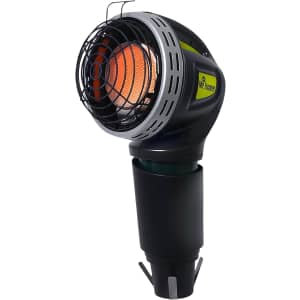
That's a $10 savings. Buy Now at Amazon
- up to 5.5 hours of warmth
- oxygen depletion sensor
- tip-over safety switch
- cup holder adapter
- Model: F242010

It's the best deal we've seen for this model. It includes a 1-year Allstate warranty. Buy Now at eBay
- 10.2" 2160x1620 display
- Model: MW742LL/A

Apply coupon code "QT97DOAK" for a savings of $35. Buy Now at Amazon
- Breathable mesh upper design
- Sweat-wicking foam insole
- High-rebound EVA midsole
- X-shaped torsion plate for support
- Geometric rubber soles for grip
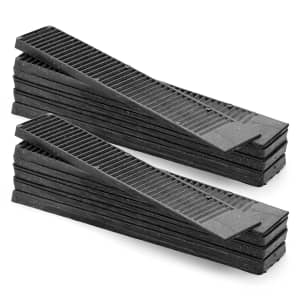
Redeem the on-page coupon (or apply code "0HSE1C6HLCYQ" at checkout) to get this price. Buy Now at Amazon

Fill out a short form to receive this calendar for free. It'll take two to three weeks to deliver. Shop Now at National Constitution Centre

Get up to $130 off just over 20 Dell monitors. We've pictured the Dell 27 Plus 4K 27" Monitor for $330 ($20 off). Plus, all of these models will ship for free. Buy Now at Dell Technologies
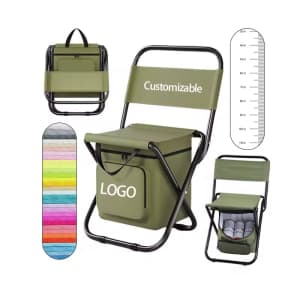
That's the lowest total price for two chairs that we could find by $7 after factoring in the import charges of $5.55, a payment processing fee of 52-cents, and shipping.
A $20 shipping credit applies for new Alibaba customers, dropping the shipping price to $4.99, otherwise it adds $25. Buy Now at Alibaba
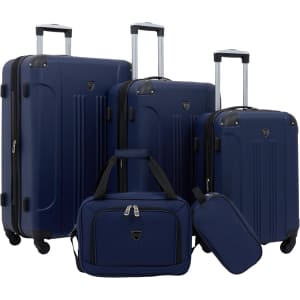
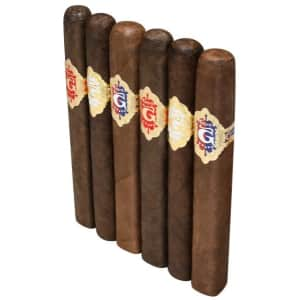
Apply promo code "DNRWB6" to save an extra $15. All orders ship free; you must be 21+ to order. Buy Now at Cigar Page
- two Graycliff Fabrica BP Double Maduro Toro
- two Graycliff Ivory PGX Toro
- two Graycliff America Box-Press Old Glory


That's $9 under our mention from last week and the best deal we've seen for this model. Buy Now at Amazon
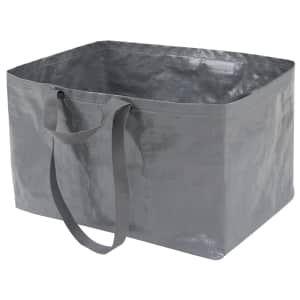
Save $2 on this best seller. Opt for pickup to avoid the $6.99 shipping charge (or get free shipping with orders of $35 or more). Buy Now at Walmart
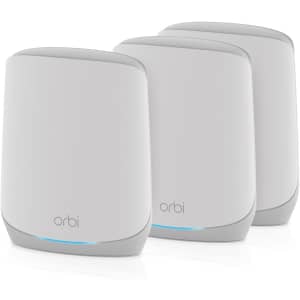
That's a 43% savings. Buy Now at Amazon
- Covers up to 6,600 sq. ft.
- Supports 75 devices
- 3.8Gbps speed with WiFi 6
- Includes 2 satellite extenders
- 3 x Ethernet ports on router
- 2 x Ethernet ports on satellites
- Model: RBK663-100NAS

That's a savings of $8. Buy Now at Amazon
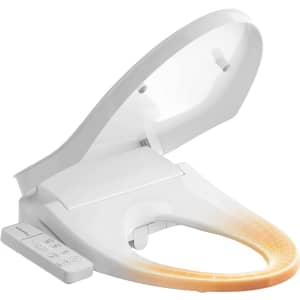
Apply coupon code "DN67HQXA" for a savings of $90. Buy Now at Amazon
- Instant warm water system
- 4-level temperature control
- Dual nozzles for front/rear wash
- Warm air dryer with 4 levels
- Energy-saving with auto standby

Add two of these 12-packs to your cart to get them for $6 at checkout. It's the best price we could find by $2. Buy Now at Amazon

Use promo code "FIRE30" to drop the starting prices on these Amazon Fire HD 10 10.1" tablet models to $39.99. Each model includes a 90-day Woot warranty. Buy Now at Woot! An Amazon Company
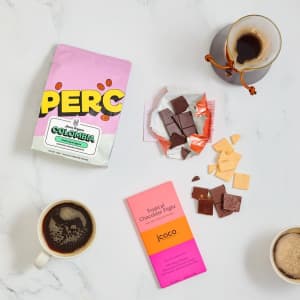
Use promo code "VDAY26" to take 15% off orders of $50 or more, including Valentine's Day gift boxes for the coffee-lovers in your life. Bean Box offers a wide range of curated coffees from roasters around the US, including Onyx Coffee Lab, Huckleberry Roasting, Coava Coffee Roasters, and more. Buy Now at Bean Box

Checkout via Subscribe & Save to get this at $3 off list price. Buy Now at Amazon
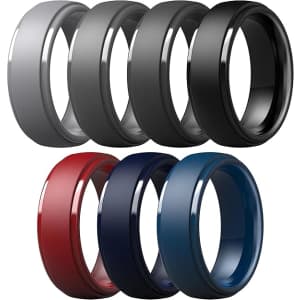
It's the best deal we've seen for this 7-pack. Buy Now at Amazon

Add two caps to cart and apply promo code "UPSX9" for an extra savings of $41. Buy Now at Usportsjournal
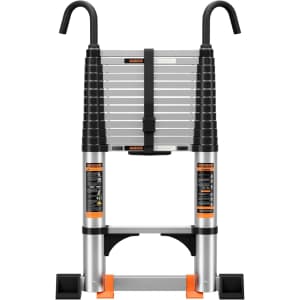
Apply coupon code "PGQOVKFY" for a savings of $46. Buy Now at Amazon
- Quick retract function
- 330 lbs weight capacity
- Includes stabilizer bar
- Easy to carry and store
- Comes with non-slip feet

Apply coupon code "4LOLTA47" for a savings of $17. Buy Now at Amazon
- Lightweight and stretchy fabric
- Quick dry and moisture wicking
- 3 practical pockets
- Button closure and zippered fly

After promo code "DNES4", they're at least $45 less than you'd pay elsewhere. Buy Now at Zulily
- 100% UV protection
- Model: RB4194
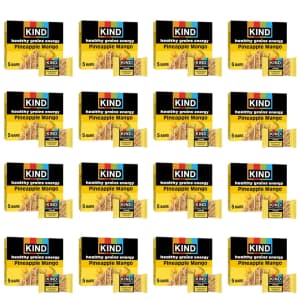
That's $5 less than we saw them last week, and $60 less than you'd pay at Amazon for the same quantity. Apply the promo code "DEALNEWS" to get free shipping, a $6 savings. They have a best by date of 3/25/2026. Buy Now at Meh
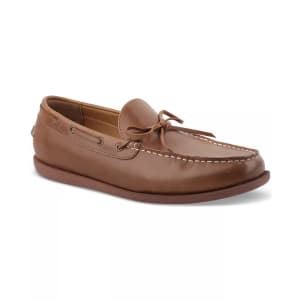
This style is exclusive to Macy's and 70% off. This is a Final Sale style, it cannot be returned or exchanged. Star Rewards members receive free shipping on orders over $25 (it's free to join). Non-members can pay $10.95 or get free shipping on orders over $49. Pickup is available on most orders, too. Buy Now at Macy's

That's 50% off and the lowest price it's been. Buy Now at Amazon

DigitalKeysBox offers the Windows 11 Pro + Microsoft Office Pro 2024 Bundle for $12.99 (reduced from $368.99) with promo code "DNEWS_BUNDLE" applied in cart.
Includes Windows 11 Pro (Lifetime):
- Lifetime activation — no subscription or renewal fees.
- Clean installation and online activation supported.
- Suitable for home, work, or business use.
- Compatible with Windows 10 and Windows 11 systems.
Includes Microsoft Office Pro 2024 (Lifetime):
- Lifetime license for 1 PC (Windows 10/11).
- Includes Word, Excel, PowerPoint, Outlook, OneNote, and Access.
- Instant email delivery — download and activate today.
- One-time purchase — no subscription required.
How Much Can I Save on the Hottest Deals?
The average savings can vary wildly day by day, but we regularly see discounts of anywhere from 15% to 96% off. The biggest discounts usually pop up for holidays, such as these Early Prime Day Deals. Thanks to coupon codes giving extra discounts, we'll regularly see shoes and apparel from the biggest brands like Nike, adidas, and New Balance at over 50% off. If you're looking for tools or home improvement, we see deals from stores like Home Depot and Lowe's that take up to 70% off. Plus, if something's at its best-ever price, or close to it, or is just something we think is extra neat, you'll probably find it on our Staff Picks page.
How Often Are the Hottest Deals Updated?
Around the clock! An international team of highly-trained deal jockeys is constantly scouring Amazon, Walmart, Best Buy, Target, and any other store you care to name, seeking out the latest and greatest deals for you to peruse. From daily deals and doorbusters to niche finds and off-the-wall offers, our pages are always being updated with something new and interesting and discounted.

